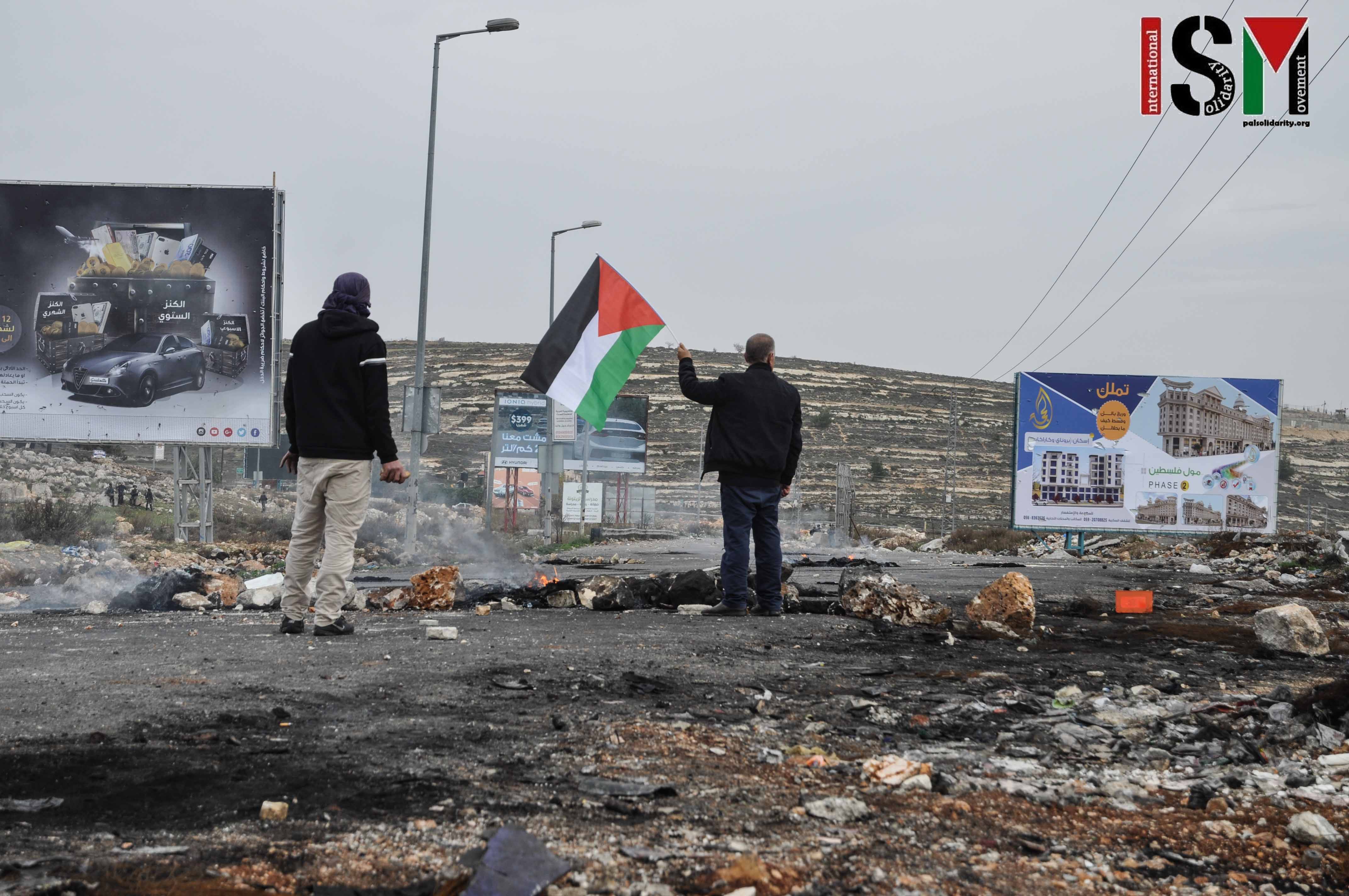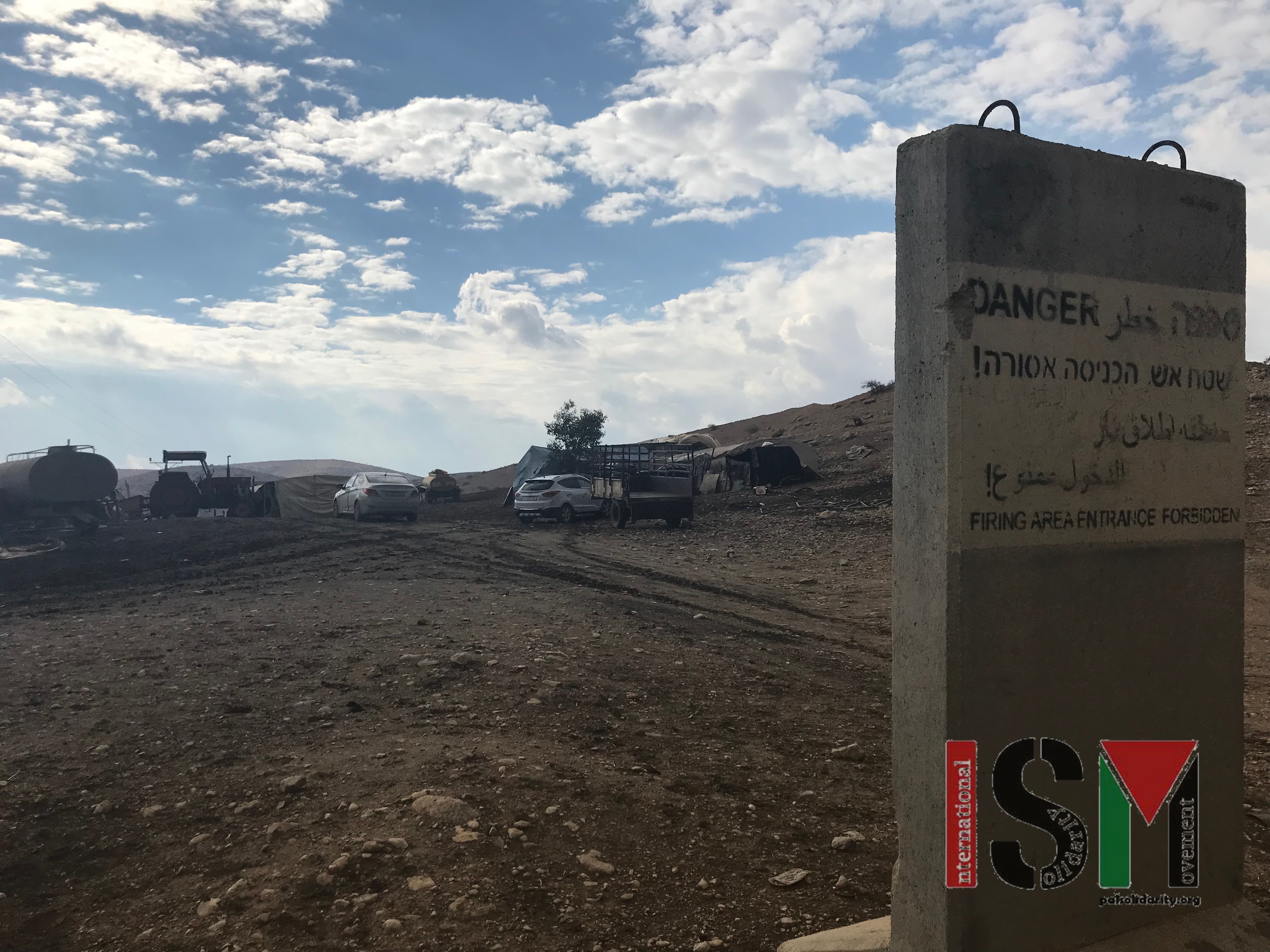Tag: Settlement
-
Friday Demonstration at Beit’El
Some impressions of last friday demonstration (Dec 29) at Beit’El where an illegal settlement has been set up: The settlement of Beit’El has been built illegally in the year 1977. Growing in its population it counts more than 5600 settlers. By taking their land Palestinians do not have full access to water supplies, farming land…
-
Ethnical cleansing in the Jordan Valley
26th November 2017 | International Solidarity Movement, Team Nablus | Jordan Valley Solidarity | Jordan Valley, Occupied Palestine Israeli forces have sent out demolition orders to two villages in the northern Jordan Valley, where they plan to demolish the homes of around 300 Palestinians. This is part of the Israeli military’s ongoing efforts ethnically cleanse…
-
Remembering Balfour under Apartheid
6th November 2017 | International Solidarity Movement, al-Khalil team | Hebron, Occupied Palestine Yesterday in al Khalil (Hebron) the Palestinian group Youth Against Settlements held an event to mark the 100th years anniversary of The Balfour Declaration. The Balfour Declaration is viewed as a foundational document of the Israeli states ethnic cleansing of Palestine. Despite…



